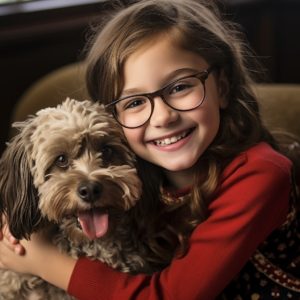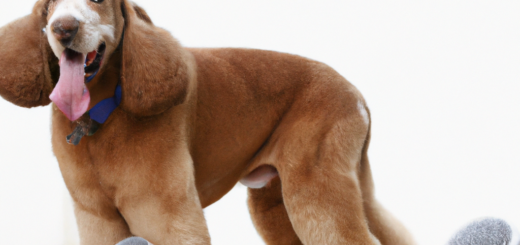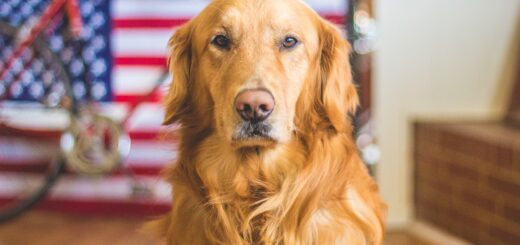A Guide To Choosing The Right Dog Breed For Your Lifestyle
Are you considering adding a furry friend to your family? Choosing the right dog breed for your lifestyle is crucial for ensuring a harmonious and fulfilling relationship with your new companion. With so many options available, it can feel overwhelming to make the right decision. However, by considering factors such as activity level, size, grooming requirements, and temperament, you can find the perfect match that will bring joy and happiness to your household. In this guide, we will provide you with valuable insights and tips to help you navigate the process of choosing the ideal dog breed for your unique lifestyle.

This image is property of images.pexels.com.
Physical activity
Exercise requirements
When it comes to choosing the right dog breed for your lifestyle, considering their exercise requirements is crucial. Different breeds have different activity levels, so it’s important to find one that matches your own energy levels and lifestyle. Some breeds, like Border Collies and Boxers, are high-energy dogs that require a lot of exercise and mental stimulation. If you lead an active lifestyle and enjoy activities like running, hiking, or playing fetch, these breeds might be a good fit for you. On the other hand, if you prefer a more laid-back lifestyle, there are breeds like Bulldogs or Basset Hounds that have lower exercise needs and are happy with a daily walk or two. Assess your own energy levels and make sure to choose a breed that you can keep up with in terms of exercise.
Size and space needs
Another important aspect to consider when choosing a dog breed is their size and space needs. Some breeds are better suited for small apartments or houses with limited space, while others thrive in larger homes with ample room to run and play. If you live in an apartment or have limited outdoor space, smaller breeds like Chihuahuas or Shih Tzus may be more suitable. These small dogs can get their exercise needs met indoors or with short walks outside. However, if you have a spacious yard or live in a rural area, larger breeds such as Retrievers or German Shepherds might be a better fit. These breeds require more room to roam and play, and would not be happy in a cramped space. Consider your living situation and the amount of space you can provide for your furry friend before making a decision.
Temperament and energy level
Temperament traits
Understanding the temperament of different dog breeds is essential in choosing the right fit for your lifestyle. Some breeds are known for being friendly and outgoing, while others are more reserved or even protective. If you enjoy an active social life and want a dog that will get along with everyone, breeds such as Labrador Retrievers or Golden Retrievers are known for their friendly and outgoing nature. These breeds are typically good with people, including children, and are usually eager to make new friends. However, if you prefer a dog that is more aloof or independent, breeds like Shiba Inus or Akitas may be more suitable. These breeds are known for their loyalty and independence, and may be less inclined to socialize with strangers. Consider your own personality and lifestyle when thinking about the temperament traits that would best suit you.
Energy level
In addition to temperament, the energy level of a dog breed is another important factor to consider. Some breeds have a high energy level and require a lot of physical and mental stimulation to be happy, while others are more laid-back and content with a calmer lifestyle. If you’re an active person who enjoys outdoor activities and exercise, a high-energy breed like the Border Collie or Australian Shepherd may be a good fit for you. These breeds thrive on physical activity and mental challenges, and will require plenty of exercise to keep them happy and well-behaved. On the other hand, if you prefer a more relaxed and low-key lifestyle, a breed like the Basset Hound or Bulldog could be a better choice. These breeds have lower energy levels and are happy with shorter walks and less intense playtime. Consider your own energy levels and make sure to choose a breed that can keep up with you.
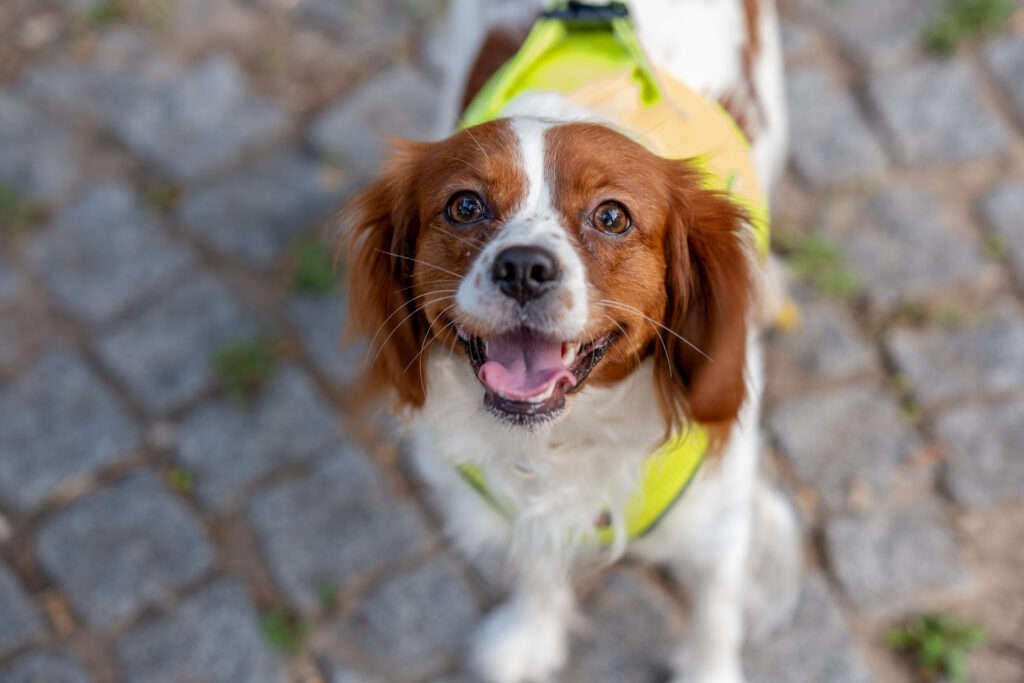
This image is property of images.pexels.com.
Allergies and shedding
Hypoallergenic breeds
If you or someone in your family has allergies, it’s important to consider hypoallergenic dog breeds. These breeds produce fewer allergens, making them less likely to trigger allergic reactions in sensitive individuals. Hypoallergenic breeds have hair instead of fur, which means they shed less and their dander is less likely to cause allergies. Some popular hypoallergenic breeds include the Poodle, Bichon Frise, and Yorkshire Terrier. Keep in mind that while these breeds may be less allergenic, they still require regular grooming to keep their coats in good condition. If allergies are a concern, consider scheduling a visit with a breeder or spending time with hypoallergenic dogs to see if you or your family have any adverse reactions.
Shedding frequency
If allergies are not a concern, but you still want to minimize the amount of pet hair in your home, it’s important to consider the shedding frequency of different dog breeds. Some breeds shed very little and have low-maintenance coats, while others shed copiously and require regular grooming to keep their shedding under control. Breeds like the Boxer or the Labrador Retriever have short, dense coats that shed moderately throughout the year. If you don’t mind a bit of shedding and are willing to brush your dog regularly to manage their coat, these breeds might be a good fit for you. However, if you prefer a breed that sheds minimally, there are breeds like the Cavalier King Charles Spaniel or the Bichon Frise that have hair instead of fur and shed less. Keep in mind that even low-shedding breeds still require regular grooming to keep their coats healthy and free from tangles.
Grooming and maintenance
Coat type
When it comes to grooming and maintenance, the coat type of a dog breed is an important consideration. Different breeds have different coat types, ranging from short and smooth to long and curly. The type of coat a breed has will determine how much grooming it requires to stay healthy and presentable. Breeds with short coats, such as the Boxer or the Beagle, are generally low-maintenance and require minimal grooming. A weekly brushing and occasional baths are usually sufficient to keep their coats clean and healthy. On the other hand, breeds with longer coats, such as the Shih Tzu or the Afghan Hound, require more frequent brushing and regular trims to prevent matting and keep their coats looking their best. Consider the amount of time and effort you’re willing to invest in grooming when choosing a breed with a particular coat type.
Grooming needs
In addition to coat type, the grooming needs of a dog breed should also be taken into account. Some breeds have minimal grooming needs and are relatively easy to maintain, while others require more frequent grooming appointments and regular upkeep. Breeds like the Bulldog or the Boxer have short coats that require minimal brushing and occasional baths. This makes them ideal choices for those who prefer a low-maintenance grooming routine. On the other hand, breeds like the Poodle or the Maltese have long, luxurious coats that need daily brushing and regular trips to the groomer to keep them looking their best. If regular grooming is not something you’re willing to commit to, consider breeds with shorter coats or less demanding grooming needs. Keep in mind that even low-maintenance breeds will still need regular nail trims, ear cleanings, and dental care to maintain their overall health and well-being.
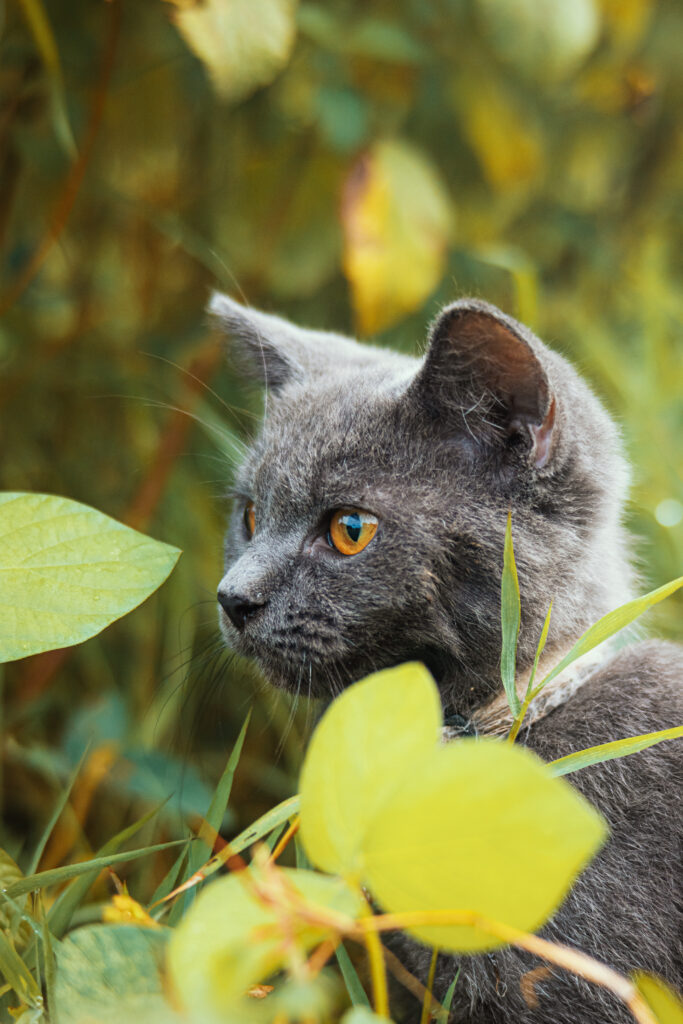
This image is property of images.pexels.com.
Trainability
Intelligence
When choosing the right dog breed for your lifestyle, it’s important to consider their trainability. Some breeds are highly intelligent and quick to learn, while others may require more time and effort to train. Intelligent breeds, such as the Border Collie or the German Shepherd, are known for their ability to learn new commands quickly and excel in various training activities. These breeds thrive on mental stimulation and enjoy tasks that challenge their intelligence. If you’re interested in activities like obedience training or agility, a highly intelligent breed may be a good fit for you. On the other hand, if you prefer a more laid-back approach to training or have limited experience, there are breeds like the Bulldog or the Basset Hound that may be less demanding in terms of training. These breeds are still capable of learning basic commands but may require more patience and repetition.
Ease of training
In addition to intelligence, the ease of training should also be considered when choosing a dog breed. Some breeds are known for their easygoing and eager-to-please nature, making them highly trainable even for novice owners. Breeds like the Labrador Retriever or the Golden Retriever are typically very responsive to training and enjoy pleasing their owners. They thrive on positive reinforcement and are quick to pick up new commands and behaviors. If you’re a first-time dog owner or prefer a breed that is easy to train, these breeds may be a good fit for you. On the other hand, breeds like the Shiba Inu or the Basenji may be more independent and stubborn, making training a bit more challenging. These breeds may require more patience and consistent training techniques to achieve desired results. Consider your own experience and comfort level with training when choosing a breed.
Family and children
Compatibility with children
If you have children or are planning to start a family, it’s important to choose a dog breed that is compatible with kids. Some breeds are known for being gentle and patient with children, while others may be less tolerant or easily overwhelmed. Breeds like the Labrador Retriever or the Golden Retriever are known for their friendly and gentle nature, making them great choices for families with young children. These breeds are typically good with kids of all ages and can handle the energy and excitement that comes with young ones. On the other hand, breeds like the Chihuahua or the Dalmatian may be less tolerant of rough play or may be easily overwhelmed by the noise and activity of a busy household. Consider the age of your children and their interaction with dogs when choosing a breed that will be a good fit for your family.
Interaction with other pets
If you already have other pets in your home or are planning to introduce a dog to your furry family members, it’s important to consider how different breeds interact with other animals. Some breeds are known for being friendly and accepting of other pets, while others may have a higher prey drive or be less tolerant of other animals. Breeds like the Labrador Retriever or the Beagle are typically good with other dogs and can coexist peacefully in a multi-pet household. These breeds are usually friendly and outgoing, making them easier to introduce to other animals. On the other hand, breeds like the Greyhound or the Husky may have a higher prey drive or a strong instinct to chase smaller animals, making them less suitable for households with cats or small pets. Consider the dynamics of your household and the temperament of your existing pets when choosing a breed that will get along well with others.
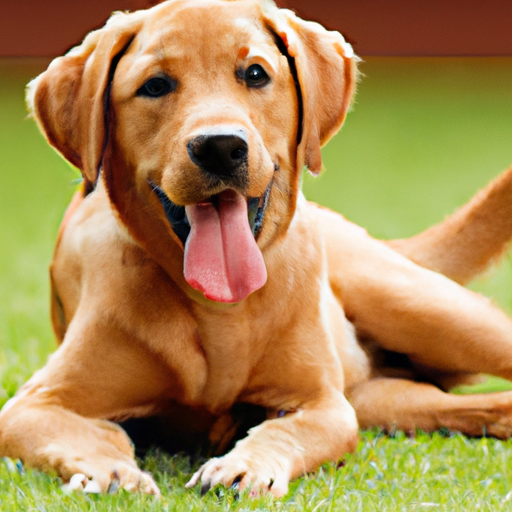
Guarding instincts
Protective nature
If you’re looking for a dog breed that can also serve as a protector or guard dog, it’s important to consider their natural instincts and protective nature. Some breeds are known for their strong protective instincts and will go to great lengths to defend their family and property. Breeds like the Doberman Pinscher or the Rottweiler are often used as guard dogs and are known for their loyalty and protective nature. These breeds require experienced owners who can provide proper training and socialization to ensure they are well-behaved and controlled. On the other hand, breeds like the Bichon Frise or the Cavalier King Charles Spaniel are typically friendly and may not possess the same level of guarding instincts. If protection is a priority for you, research and consult with experienced breeders or trainers to find a breed that is well-suited for the role.
Territorial behavior
In addition to protective nature, territorial behavior is another aspect to consider when choosing a breed that can serve as a guard dog. Some breeds are naturally more territorial and may be more inclined to protect their home and family. Breeds like the German Shepherd or the Akita are known for their territorial instincts and will be quick to alert their owners of any perceived threats. However, this territorial behavior can also lead to aggression or overprotectiveness if not properly managed and controlled. It’s essential to provide these breeds with proper training, socialization, and boundaries to ensure they are well-behaved and not a danger to others. If territorial behavior is a concern for you, consider your ability to provide the necessary training and structure before choosing a breed with strong guarding instincts.
Breed size
Small breeds
When it comes to size, small dog breeds have their own unique characteristics and considerations. Small breeds, such as the Chihuahua or the Shih Tzu, are typically more portable and easier to manage in terms of physical strength. They require less space and can be a good fit for apartment dwellers or individuals with limited mobility. Small breeds also tend to have longer lifespans compared to larger breeds and may be more suitable for individuals looking for a long-term commitment. However, it’s important to note that some small breeds may be more prone to certain health issues, such as dental problems or patellar luxation. Regular visits to the veterinarian and proper care are essential to ensure the overall health and well-being of small breed dogs.
Medium breeds
Medium-sized breeds offer a balance between the portability of small breeds and the sturdiness of larger breeds. Breeds like the Border Collie or the Cocker Spaniel fall into this category and can be a good fit for a variety of lifestyles. They are generally more adaptable and can thrive in different living environments, whether it’s an apartment or a house with a yard. Medium-sized breeds often have moderate exercise needs and are versatile in terms of activities, making them suitable for individuals or families with varying activity levels. It’s important to consider the specific exercise requirements and temperament traits of medium-sized breeds before making a decision, as individual breeds can have varying characteristics.
Large breeds
Large dog breeds, such as the Labrador Retriever or the Great Dane, require more space and physical strength to manage. They tend to have higher exercise needs and thrive in larger homes with ample room to run and play. Large breeds can be a great fit for individuals or families that lead an active lifestyle and have the space and resources to accommodate their size. However, it’s important to note that large breeds also have shorter lifespans compared to smaller breeds and may be more prone to certain health issues, such as hip dysplasia or bloat. Regular visits to the veterinarian and responsible breeding practices are essential for maintaining the overall health and well-being of large breed dogs.
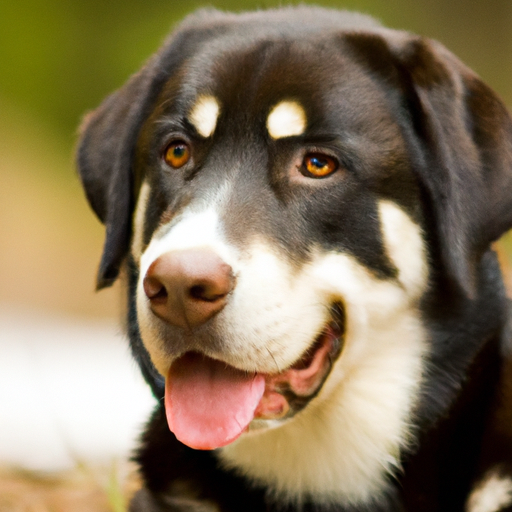
Life expectancy
Average lifespan
The average lifespan of a dog breed is an important factor to consider when choosing a furry companion. Different breeds may have varying life expectancies, and it’s important to be prepared for the long-term commitment of caring for a dog. Small breeds, such as the Miniature Schnauzer or the Jack Russell Terrier, generally have longer lifespans and can live up to 15 years or more with proper care. Medium-sized breeds, like the Boxer or the Beagle, typically have an average lifespan of around 10-12 years. Large breeds, such as the Saint Bernard or the Bernese Mountain Dog, tend to have shorter lifespans and may live around 7-9 years on average. It’s essential to consider the potential lifespan of a breed and be prepared for the commitment of providing care and attention throughout their entire life.
Common health issues
In addition to lifespan, understanding the common health issues associated with different dog breeds is crucial. While every dog is an individual and may not develop all of the breed-specific health issues, being aware of potential health concerns can help you make an informed decision. Some breeds may be more prone to certain conditions, such as hip dysplasia, allergies, or heart disease. It’s important to research and consult with reputable breeders to ensure responsible breeding practices are followed, as this can greatly reduce the risk of certain genetic health issues. Regular veterinary care, proper nutrition, and exercise are also essential in maintaining the overall health and well-being of a dog. If you have specific health concerns or are looking for a breed with fewer health issues, consulting with a veterinarian or breed expert can provide valuable insights.
Breed characteristics
Working breeds
Working dog breeds are known for their intelligence, athleticism, and ability to perform various tasks. These breeds have a strong work ethic and enjoy having a job or purpose to fulfill. Breeds like the Border Collie or the Australian Shepherd excel in activities like herding, agility, or search and rescue. They require mental stimulation and physical exercise to be happy and well-behaved. If you lead an active lifestyle and are interested in participating in dog sports or activities, a working breed may be a good fit for you. However, it’s important to note that working breeds require a significant amount of time and effort to train and provide adequate mental and physical stimulation. They are not recommended for first-time dog owners or individuals with limited time and resources.
Herding breeds
Herding dog breeds are known for their ability to control and move livestock. These breeds have a strong instinct to herd and may exhibit behaviors like chasing, nipping, or barking. Border Collies and Australian Shepherds are popular herding breeds that excel in activities like obedience and sheepdog trials. If you don’t have livestock but still want a herding breed, providing them with activities that simulate their natural herding instincts, such as agility or flyball, can be beneficial. It’s important to note that herding breeds require mental stimulation and exercise to prevent boredom and destructive behaviors. They thrive in an environment where they have a job or purpose to fulfill and may not be suitable for individuals with a more laid-back lifestyle.
Sporting breeds
Sporting dog breeds are known for their athleticism, endurance, and hunting abilities. These breeds were originally bred for activities like retrieving or flushing game. Breeds like the Labrador Retriever or the Golden Retriever are popular sporting breeds that excel in activities like obedience, hunting, or dock diving. If you lead an active lifestyle and enjoy outdoor activities like hiking or swimming, a sporting breed may be a good fit for you. These breeds require regular exercise and mental stimulation to be happy and fulfilled. It’s important to provide them with activities that cater to their hunting instincts, such as retrieving games or scent work. Keep in mind that some sporting breeds may have a higher energy level and may not be suitable for individuals with limited time or mobility.
Companion breeds
Companion dog breeds are known for their friendly and affectionate nature, making them great companions for individuals or families. These breeds are typically bred for their companionship and have a strong desire to please their owners. Breeds like the Cavalier King Charles Spaniel or the Bichon Frise are popular companion breeds that thrive on human interaction and attention. They are often good with children and get along well with other pets. Companion breeds are generally more adaptable and can thrive in different living environments, whether it’s an apartment or a house with a yard. However, it’s important to note that some companion breeds may have higher grooming needs or require more attention and companionship. If you’re looking for a loyal and loving companion, a breed from this category may be a good fit for you.
In conclusion, choosing the right dog breed for your lifestyle is a decision that requires careful consideration. From exercise requirements and temperament traits to grooming needs and trainability, there are many factors to take into account. By understanding the specific characteristics and needs of different breeds, you can make an informed decision that will lead to a long and fulfilling relationship with your furry friend. Whether you’re looking for an active and high-energy companion, a gentle and patient family dog, or a loyal and protective guard dog, there is a breed out there that will suit your lifestyle and bring joy to your home. Take the time to research, consult with breeders or trainers, and spend time with different breeds to ensure a perfect match. With the right dog by your side, you can look forward to many years of love, companionship, and memorable moments.





